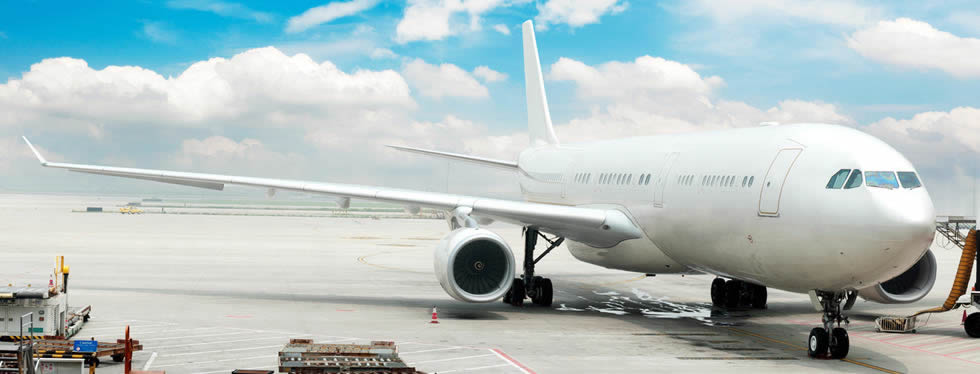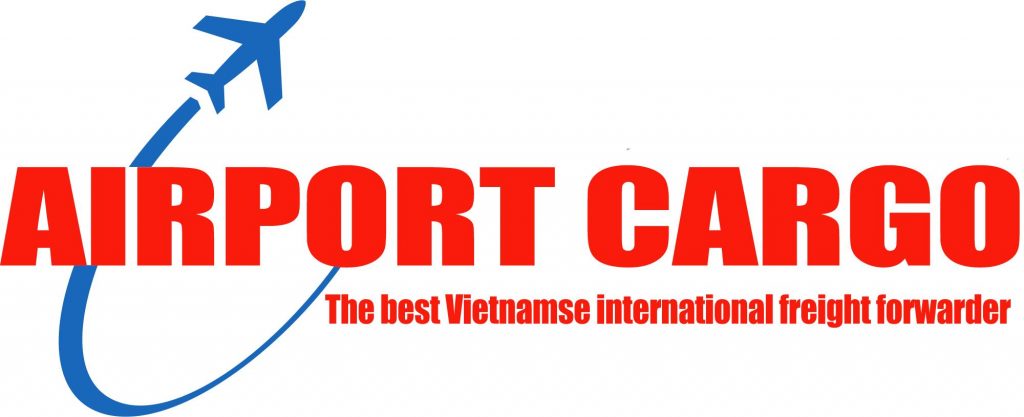Air Freight & Air Cargo Shipping

Read on to learn about how air freight works, when you should use it, and how to find the best price.
Explain the difference between express freight and air freight:
Express air freight is typically handled by one company (such as DHL, UPS, or FedEx) that manages the entire shipment lifecycle and ships door-to-door in under five days. Express air freight shipments are usually smaller than air freight (less than one cubic meter and 200 kilograms).
International air freight shipments can be significantly larger and may move across multiple carriers during shipment.
Air freight shipping prices and costs
When it comes to air freight shipping, weight, and volume are key factors. Air carriers will charge by either volumetric weight (also known as dimensional weight) or actual weight, depending on which is more expensive.
If the volumetric weight exceeds the actual weight of the product, the volumetric weight becomes the chargeable weight. For light air shipments, you can use this chargeable weight calculator to work out whether your shipment will be charged by actual weight or dimensional weight.
The benefits of air freight

- Speed – Airplanes are about 30 times faster than ocean liners.
- Reliability – Shipping by air provides better tracking and greater certainty that your goods will get to the right place at the right time.
- Protection – Goods are more likely to be damaged when traveling by ocean freight shipping than by air shipping. This makes air freight a good option for fragile items.
What goods are generally shipped via air freight?
Since air cargo is expensive, it’s usually limited to smaller, high-value goods or time-sensitive items, such as:
- Apparel. Seasonal trends in clothing can shift fast.
- Pharmaceuticals. Given their small size and value, medical goods are frequently shipped by air.
- Documents and samples.
- Seasonal shipments. Whatever the product is, if there’s high international demand for a product that requires bolstering down a supply chain, it will generally be shipped by air.
Air freight shipping rates & charges:
Beyond the expense of air freight, which is calculated based on the cost above, the total cost to ship by air will also likely include:
- Fuel surcharges
- Security surcharges
- Container freight station/terminal handling charges
- Airport transfers
In addition, for door-to-door costs, the price will also include air cargo services, including:
- Customs Brokerage
- Pickup and delivery
- Cargo insurance
- Accessorial charges
Are international air freight quotes and air freight prices changing?
According to Transport Intelligence, the major freight forwarders in the globe saw a less than 1% growth in the use of international air freight in 2015. According to the International Air Transport Association (IATA), aviation cargo growth was only 1.6% in 2019 compared to 5% in 2014.
One reason for this was increased reliance on ocean freight. However, with long delays and volatile transit times plaguing ocean freight, more importers and exporters moved to air cargo.
Since March 2020, air cargo rates have doubled, driven by constrained capacity, limited passenger travel due to restrictions, increased consumer demand, and other factors resulting from the pandemic. On the other hand, air passenger travel is stabilized, freeing up more belly cargo space. However, prices are still high, with importers and exporters often sticking with ocean freight if they can afford the time.
Most companies that import or export goods internationally still do everything in their power to take advantage of cheaper ocean freight quotes, leaving only the most urgent shipments for air.
Contact Airport Cargo to be advised more.
Read more below:
FCA – Free Carrier (Place of Delivery) – Incoterms 2020 – (airportcargo.vn)
Express delivery from Vietnam to Texas – The leading Logistics and Cargo in Asia (indochinapost.com)



